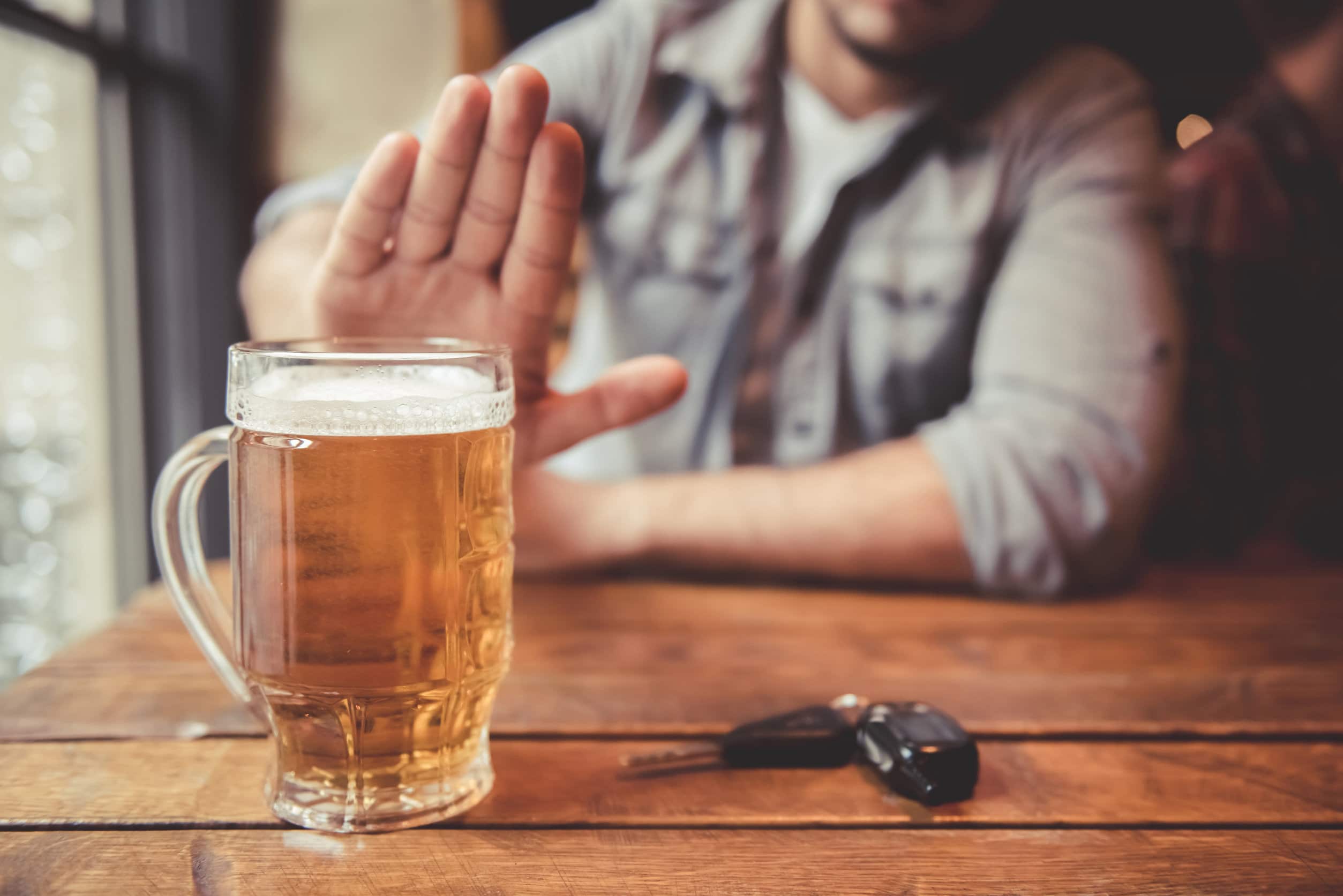Most people understand the basics of laws surrounding driving under the influence (DUI) in Colorado. However, it’s a good idea for those who operate a vehicle on Colorado roads to know all the laws in the state that can influence the outcome of a DUI case.
Are you surprised that there may be more than one law that can impact your case? Many people are. That’s why it’s always a good idea to acquaint yourself with the laws in the state – not only because it’s important to know the types of actions or activities that are actually against the law. It also helps protect your own rights if you are ever in a situation where you’re suspected of driving under the influence. Here is what you need to know.
Driving Under the Influence
The laws that most people are familiar with in Colorado are the DUI laws. These laws apply to those operating a motor vehicle while under the influence of drugs or alcohol. You cannot legally operate a vehicle in the state with a blood alcohol level of 0.08 percent or higher. Doing so means you’ve broken the law and can be charged with a DUI.
However, you also cannot be under the influence of drugs such as marijuana or even some prescription medications. If your blood is tested, and it’s found that you have certain substances at certain levels in your bloodstream, then you can be charged with a DUI, as well. This goes especially if you were observed to be under the influence of something by the police at the scene.
Driving While Ability Impaired
Driving while ability impaired (DWAI) is different than driving under the influence. For a DWAI, you have a blood alcohol level that is below 0.08 percent but higher than 0.05 percent – and you are showing signs of impairment when pulled over. While the penalties may be less severe than a DUI, it’s still something that will go on your criminal record if found guilty. It could have an influence on any future DWAIs or DUIs to which you may be subject.
Express Consent Laws
In Colorado, when you get your driver’s license from the state, you are agreeing automatically to undergo a blood alcohol test in the event that you are pulled over by the police when suspected of driving under the influence. If you refuse a chemical test, then you are breaking the law and will be subject to criminal penalties – such as the revocation of your driver’s license.
Zero Tolerance
For those who are under 21, there is a far lower threshold for the amount of alcohol in the bloodstream that makes it legal to operate a motor vehicle. If someone underage is pulled over with blood alcohol between 0.02 percent and 0.08 percent, then they can be charged with a DUI.

Buy and Possess
It is illegal for anyone under 21 to operate a motor vehicle with alcohol in the car, even in the event they have no alcohol in their bloodstream. If they are pulled over, and alcohol is found in the car, then simply possessing it is a crime.
If you are ever accused of a DUI or DWAI in Colorado, understanding your rights is very important. So is having an experienced attorney on your side to make sure your best interests are represented.
About the Author:
Kimberly Diego is a criminal defense attorney in Denver practicing at The Law Office of Kimberly Diego. She obtained her undergraduate degree from Georgetown University and her law degree at the University of Colorado. She was named one of Super Lawyers’ “Rising Stars of 2012 & 2019” and a “Top 100 Trial Lawyers in Colorado” for 2012-2020 by The National Trial Lawyers. Both honors are limited to a small percentage of practicing attorneys in each state. Additionally, Expertise names her to its lists of the 25 Best Denver DUI Lawyers and 21 Best Denver Criminal Defense Lawyers, both in 2020. Ms. Diego has also been recognized for her work in domestic violence cases.





